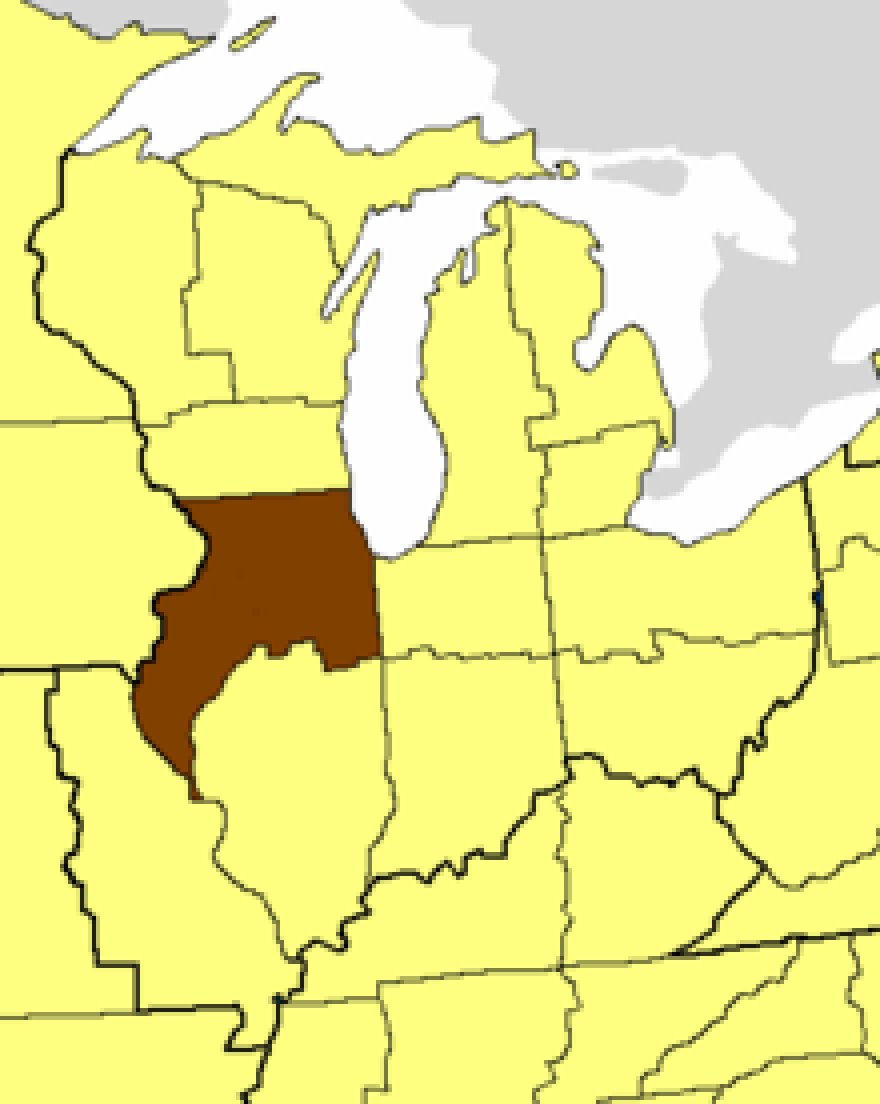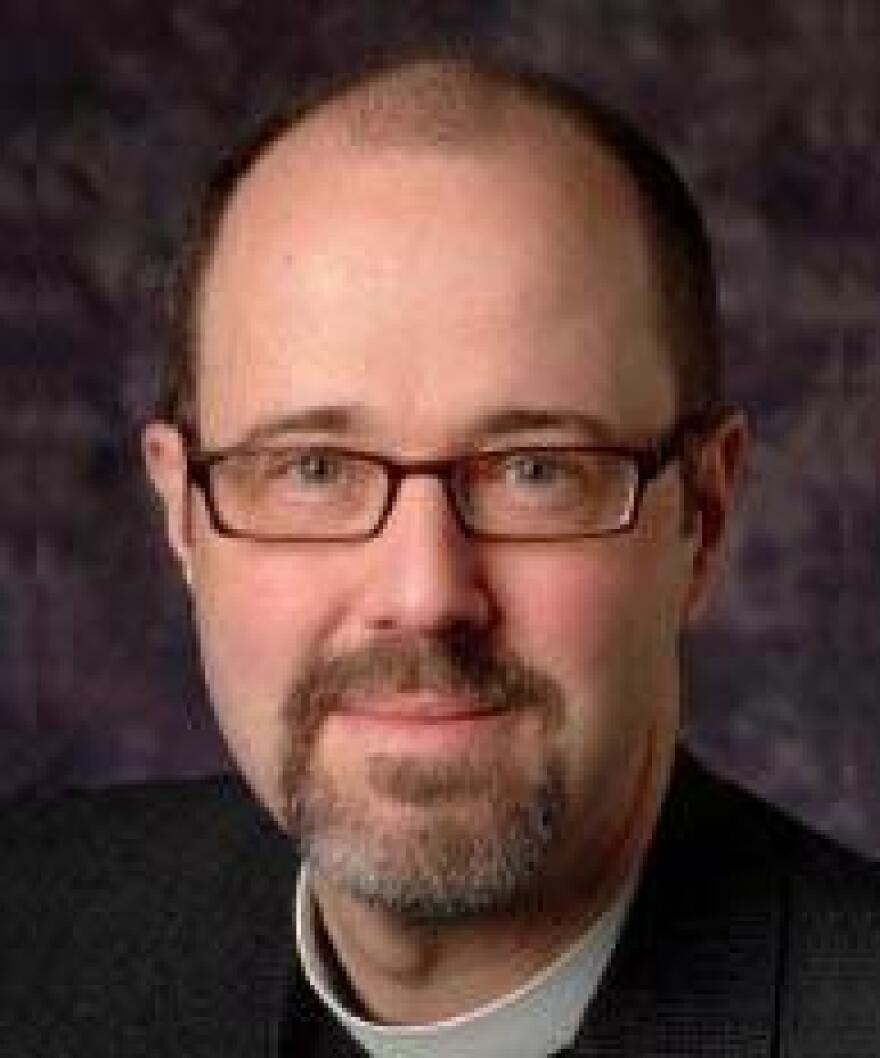The Episcopal Church will remain part of the worldwide Anglican Communion -- for now. A recent gathering of the world's top Angilcan bishops, or primates, avoided a separation with the U.S. branch over their full inclusion of lesbian, gay, bisexual and transgender people.
The primates, meeting in England, released a communiqué in which they “condemned homophobic prejudice and violence” and “reaffirmed their rejection of criminal sanctions against same-sex attracted people.”
But they approved a "partial exclusion" of the more liberal Episcopalians, which bans them from voting on certain committees or helping to decide "any issues pertaining to doctrine or polity."
The exclusion lasts for three years while a task group works to:
"...maintain conversation among ourselves with the intention of restoration of relationship, the rebuilding of mutual trust, healing the legacy of hurt, recognising the extent of our commonality and exploring our deep differences, ensuring they are held between us in the love and grace of Christ."
How could this exclusion, or suspension, affect church members in the WNIJ area? Not much, according to the Rt. Rev. Jeffrey Lee, Bishop of the Chicago Episcopal Diocese. Lee is the spiritual leader for 40,000 Episcopalians in the northern half of Illinois.
"We will remain active participants across the global Communion," Lee says, "whatever our capacity to vote or not."
Lee emphasizes that the Anglican Communion is not a global governance structure like the Roman Catholic Church. Instead, he describes it as a "web of living relationships." For example, he says, the Chicago Diocese has partnerships with dioceses in Mexico and South Sudan. "I'm assured by leaders in both of those companion dioceses that this will have no effect on our relationship," Lee says.
These relationships include clergy and lay visits, plus fundraising for special projects.

The conflict started in 2003 when the New Hampshire Diocese elected its first openly gay bishop, Gene Robinson. Then in 2009, the Episcopal Church House of Bishops voted to allow gays and lesbians to serve in any ordained ministry, ignoring a plea from then-Archbishop of Canterbury Rowan Williams not to take unilateral action on the matter.
Last year, the Episcopal Church General Convention approved a resolution removing the definition of marriage as being between one man and one woman. That last act prompted the current Archbishop of Canterbury, Justin Welby, to express his deep concern. Welby, who presided over the most recent meeting, is credited with brokering the agreement avoiding a schism.
Conservative bishops oppose the ordination of gay priests and the recognition of same-sex marriage, saying they violate biblical teachings.
Despite the increasing tension, Bishop Lee is optimistic about the future of the Anglican Communion. "I think the current controversies might well prove to become a breakthrough moment in global understanding and regard for one another," he says.
A breakthrough moment?
Lee cites reports from primates who attended the Jan. 11-15 meeting, including a Facebook post from Archbishop Welby which emphasized unity during the tense discussions.
"Despite those differences," Lee says, "two bishops were regarding each other and realizing they were both followers of Jesus Christ. Above and beyond all the disagreements, each trying to work out the implications of their faith in their own context. I think that's extraordinary."
Bishop Lee says the main barrier to resolving this dispute -- and future disputes -- is the human habit of categorizing people according to gender, sexual orientation, race, etc. "As long as those things remain abstractions, it's very easy to speak about who may or may not be in this place or that place," he says. "When they become living realities, when those labels are transformed into living persons standing in front of me, and with whom I have a relationship, that's very, very different."
Many observers are watching the Anglican Church of Canada, which is considering the recognition of same-sex marriage. Observers are also watching Kenya, Nigeria, Tanzania and other sub-Saharan nations, where 60 percent of Anglicans reportedly live and where attitudes toward gays and lesbians are less tolerant.
One country, Uganda, criminalizes same-sex relationships and prosecutes those who advocate for LGBT rights. Penalties include life in prison. The Anglican Church of Uganda claims nearly 9 million members compared to 2 million baptized Episcopalians.
Uganda's archbishop, Stanley Ntagali, abruptly left the recent primates meeting after members rejected his request that Episcopalians withdraw from communion activities until they "repented." His request included the Church of Canada.
Few expect these differences to be resolved during the U.S. church's three-year suspension.


